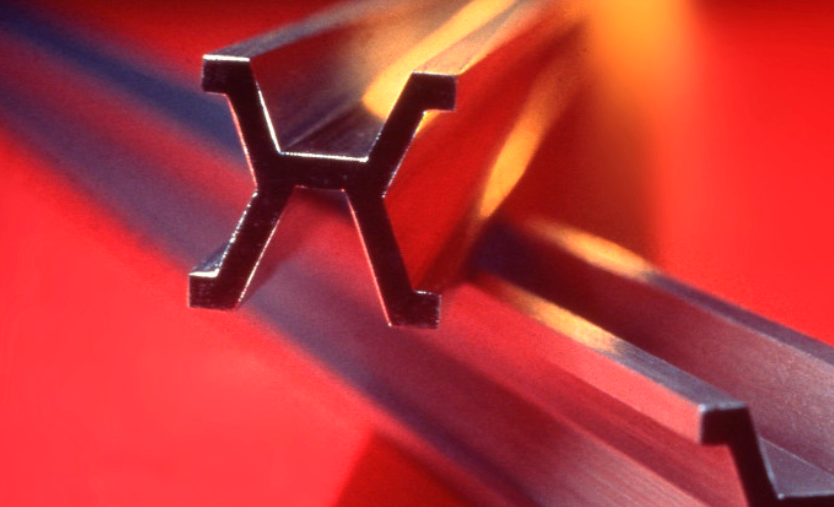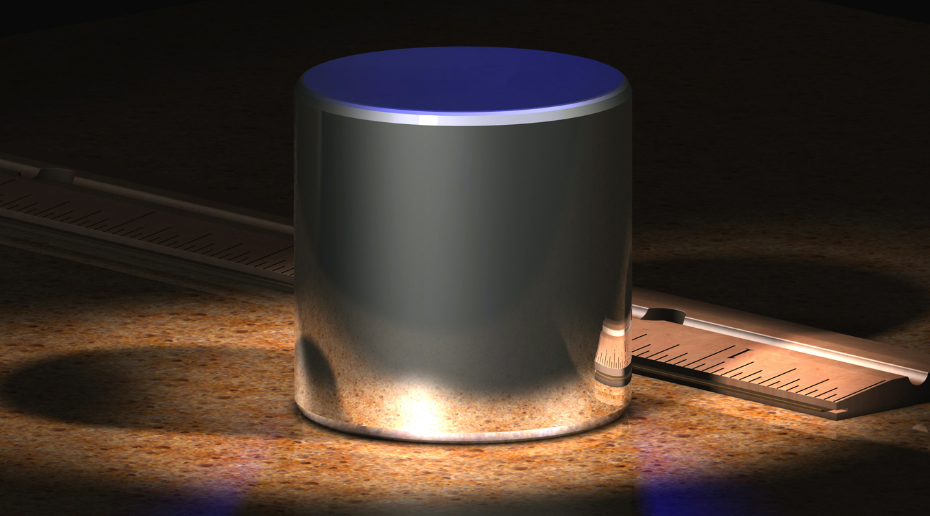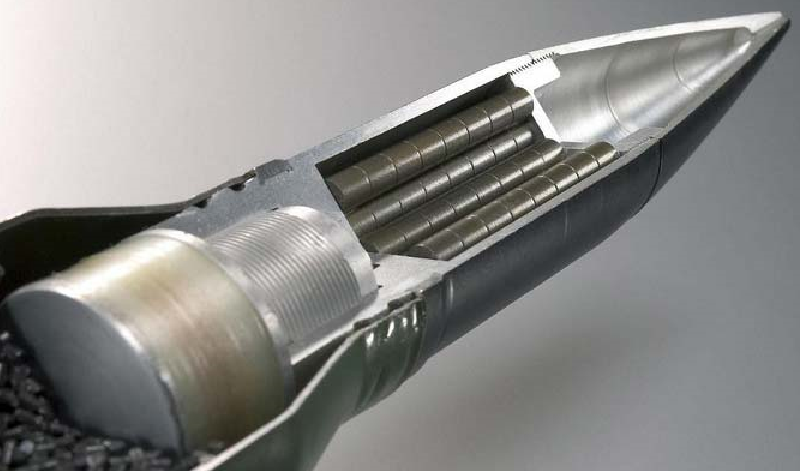What Are the Special Applications of Iridium Alloy?

What Are the Special Applications of Iridium Alloy?
The iridium alloy is an alloy containing other components of iridium. Most of them are brittle and difficult to process, which limits their application. People use a small amount of tungsten or hafnium to improve the processing properties of iridium in production. Adding a small amount of aluminum, iron, thorium, etc. can improve its impact toughness.

The alloy made from this method has a high melting point and high-temperature strength and good thermal shock resistance, which is also compatible with graphite and plutonium dioxide (PuO2) at high temperatures and selected as the fuel container material for aerospace and medical thermoelectric devices. The car spark plug made of this kind of alloy is high in strength and temperature, and fast response, so it can make the electrode much smaller than the ordinary spark plug.
Several important iridium alloys and their applications are described below:
Iridium Tungsten Alloy

Iridium Tungsten Alloy
Of all the metals tungsten has the highest melting point (3380 ℃), the lowest vapor pressure, and the highest tensile strength ( at 1650 ℃). The corrosion resistance of tungsten is very good, and most inorganic acids have little erosion to them.
So tungsten is an ideal material for making heavy metal alloys. Iridium itself has a high melting point, chemical stability, and high-temperature resistance to corrosion. The wear resistance, hardness, strength, and heat resistance of iridium-tungsten alloy have been further improved.
It is these precious properties that make the iridium-tungsten alloy an indispensable element in today's high-tech crystal glass industry.
Iridium-rhodium Alloy
Iridium-rhodium alloy is a continuous solid solution (composition and symmetry invariant alloy). With the increase in rhodium content, its density and hardness decreased, the pressure processing performance improved, and the resistance to high-temperature oxidation increased. Iridium-rhodium alloy can be used as thermocouple material.
Iridium-cerium Alloy
The work function of iridium (electrons overcome the binding of nuclei, the minimum energy required to escape from the surface of the material) is 5.4 electron volts, and its thermal electron emission is poor. After adding rare earth elements, the output power of iridium can be reduced to 2.5 ~ 2.6 electron volts. For example, the alloy has a high-temperature strength and high emissivity, which can obtain a large emission current density with this alloy.
Osmiridium Alloy
Iridium osmium alloy is a peritectic alloy with a hard and brittle texture and is extremely difficult to process. Osmium alloys containing 30% ~ 70% osmium (atomic fraction) are very good cathodic coating materials. Because of its hard alloy, it can also be used to make pen tips and pivot materials.
Conclusion
Thank you for reading our article and we hope you enjoyed it. If you want to know more about iridium alloys and their applications, we advise you to visit Advanced Refractory Metals (ARM) for more information.
Headquartered in Lake Forest, California, Advanced Refractory Metals (ARM) is a leading manufacturer and supplier of refractory metal products across the world. We provide our customers with high-quality refractory metal products such as tungsten, molybdenum, tantalum, rhenium, titanium, and zirconium, at a very competitive price.
{{item.content}}
LEVE A REPLY
{{item.children[0].content}}
{{item.content}}






